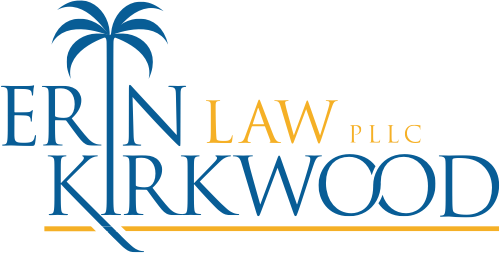In times of overwhelming financial distress, individuals may find solace in Chapter 7 bankruptcy as a viable solution to their economic challenges.
This legal process, also known as liquidation bankruptcy, offers a fresh start by discharging most unsecured debts.
1. Prompt debt discharge
Chapter 7 bankruptcy efficiently and swiftly discharges qualifying debts. This means that individuals can emerge from the process unburdened by the weight of unmanageable financial obligations. Unlike other bankruptcy chapters, Chapter 7 typically concludes within a few months, providing a relatively fast resolution compared to alternative debt relief methods.
2. Protection of assets through exemptions
One significant advantage of Chapter 7 bankruptcy lies in the availability of exemptions, which safeguard certain assets from liquidation. These exemptions allow individuals to retain essential property, such as a primary residence, a vehicle and personal belongings.
3. Relief from creditor harassment
Filing for Chapter 7 bankruptcy triggers an automatic stay, preventing creditors from pursuing collection actions. This legal injunction offers immediate relief from the incessant calls, letters and other forms of harassment that often accompany financial difficulties.
4. No repayment plan obligation
Unlike Chapter 13 bankruptcy, which involves a structured repayment plan, Chapter 7 does not require filers to commit to a long-term payment schedule. The discharge of debts in Chapter 7 is not contingent upon repaying a portion of the outstanding balances.
5. Equality in debt discharge
Chapter 7 bankruptcy treats all unsecured debts equally, ensuring a fair and impartial resolution for creditors. This means that various types of unsecured debts, such as credit card balances and medical bills, get discharged without favoritism.
In 2022, 225,455 people filed for Chapter 7 bankruptcy. It stands as a practical solution for those seeking a timely and comprehensive resolution to their financial challenges.

